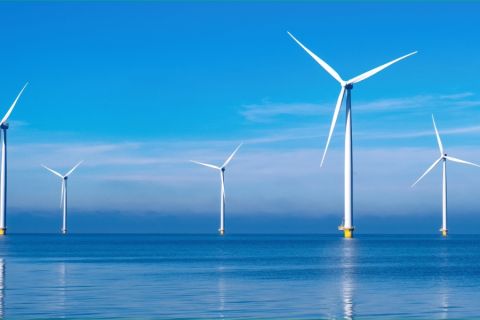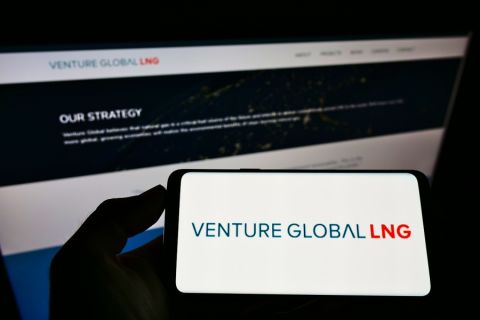
The development of shale gas in the US has the ability to limit the nation’s dependence on other regions to meet its energy needs as well as change geopolitical relationships.
The transformation also could reduce the power of some of the world’s major natural gas producers.
Kenneth Medlock III, of the James Baker Institute at Rice University in Houston, shared those comments as part of the July 20 Decision Strategies’ Oilfield Breakfast Forum. The talk included information from a report by Medlock and colleagues Amy Myers Jaffe and Peter Hartley on shale and US national security. The report, conducted for the US Department of Energy, compared two worlds – one where accessible shale exists with commercial viability and a world where shale doesn’t exist.
There is as much as 1,000 Tcf of technically recoverable shale gas in North America, according to the report. That is enough to supply the nation’s natural gas needs for the next 45 years.
Absent shale resources, US LNG imports would be substantially higher from 2010 to 2040, Medlock said. He estimated LNG imports would jump to 10 Tcf annually by 2040 without shale gas.
“Geopolitics certainly matters when it comes to determining access to energy resources,” Medlock said.
“There are three countries that benefit dramatically when you take shale out of the mix,” he added. They are Russia, Venezuela, and Iran. “That’s a mouthful from a foreign policy perspective.”
As a result of shale gas developments, the domestic supply curve is more elastic, Medlock said. Without shale, production is lower and price is higher.
One slide in his presentation showed a map of the world that highlighted areas with high energy usage. Another slide showed the location of major shale developments near those areas. “[Shale gas] basically sits right in our backyard,” he said. “It’s not just about where the resources are located. It’s also about regulatory infrastructure that’s in place that promotes the development of this resource.”
For the US, shale has raised the possibility of LNG exports.
But, he asked, can shale and other unconventional resources be game changing in the long run?
That depends on several factors, considering uncertainty about the commercial scope of shale resources. Accessibility, including cost and technology, remain critical, he said. Environmental costs, market structure, public sentiment, and government policy also play important roles in ensuring support for projects.
He turned specifically to public perception. “We can think about the physical engineering of a project, but we [also] have to think about the social engineering.” Energy, public perception, and politics mix. It is important for industry to approach situations from an environmentally and socially responsible way.
But “Never rest on your laurels, because as soon as something becomes the status quo it will change,” Medlock said. “I think we’ve seen that to a great extent in the last decade or so.”
Contact the author, Velda Addison, at vaddison@hartenergy.com.
Recommended Reading
Guyana’s Stabroek Boosts Production as Chevron Watches, Waits
2024-04-25 - Chevron Corp.’s planned $53 billion acquisition of Hess Corp. could potentially close in 2025, but in the meantime, the California-based energy giant is in a “read only” mode as an Exxon Mobil-led consortium boosts Guyana production.
US Interior Department Releases Offshore Wind Lease Schedule
2024-04-24 - The U.S. Interior Department’s schedule includes up to a dozen lease sales through 2028 for offshore wind, compared to three for oil and gas lease sales through 2029.
Utah’s Ute Tribe Demands FTC Allow XCL-Altamont Deal
2024-04-24 - More than 90% of the Utah Ute tribe’s income is from energy development on its 4.5-million-acre reservation and the tribe says XCL Resources’ bid to buy Altamont Energy shouldn’t be blocked.
Mexico Presidential Hopeful Sheinbaum Emphasizes Energy Sovereignty
2024-04-24 - Claudia Sheinbaum, vying to becoming Mexico’s next president this summer, says she isn’t in favor of an absolute privatization of the energy sector but she isn’t against private investments either.
Venture Global Gets FERC Nod to Process Gas for LNG
2024-04-23 - Venture Global’s massive export terminal will change natural gas flows across the Gulf of Mexico but its Plaquemines LNG export terminal may still be years away from delivering LNG to long-term customers.





